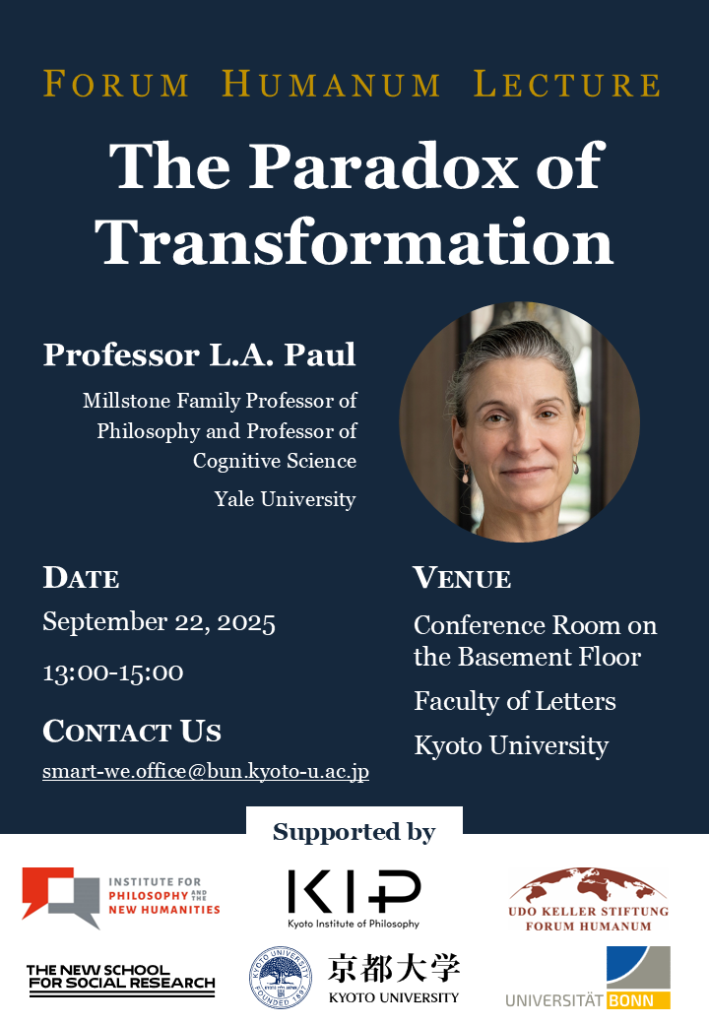以下の要領でCAPEセミナーが開催されます。みなさまの参加をお待ちしております。
日時:3月17日(金)16:30-18:00
場所:文学部1階会議室
講演者:Prof. Stephen Jenkins (Humboldt State University)
言語:英語
題目:Once the Buddha was a Warrior: Compassionate Killing, Torture and Warfare in Indian Buddhist Scriptures and Commentaries
要旨:Buddhist traditions offer a richly nuanced ethic for compassionate warfare and punishment that supported regimes of vast geographical and cultural diversity for millennia. The Euro-American concept of Buddhist pacifism undermines the ability of cultures to engage their own ethical resources in times of crisis and to understand their history. Mainstream, Madhyamaka, Yogācāra and tantric traditions validate harsh use of force to rehabilitate criminals, overthrow tyrants, kill enemies of the Dharma, recover what is wrongly taken, or prevent greater harm etc. The theory of compassionate killing is rooted in hypothetical situations presented through narrative tales, which allows attention to the complex ambiguity of lived reality. A complex array of concerns is evident that resist the constraints of Western ethical categories. For instance, to kill one’s own mother leads straight to hell, but killing someone else’s mother does not. Historiography and narrative offer many examples of kings waging war for Buddhist motivations or committing mass violence against religious “outsiders.” Buddha’s past lives include snipers, war ministers, martial artists, soldiers, warhorses, war elephants, kings etc., who often heroically die in battle. The touchstone commentarial example of Buddha killing in a past life, deployed in many cultures and times, parallels modern terrorist situations. There is also concern for avoiding armed conflict [including maintaining an intimidating and well paid military], humane treatment of prisoners, limits to punishment and torture, minimizing enemy casualties, spiritual harm to warriors, economic exploitation, ending multigenerational cycles of violence, damage to infrastructure and natural environment, and postwar reconciliation. Warfare should only be pursued when all alternatives have failed; compassion is a state’s first defense [and literally makes an individual arrow-proof]; kings must question their own culpability for exploitation that creates enemies; physical punishment, even torture and killing, must benefit the recipient; the destruction of infrastructure and the natural environment is forbidden. Superficially selfish policies of economic exploitation and conquest undermine national security. A nation will thrive or fail based on its capacity for compassion, rather than on the ethics of self or national interest. A broad range of past research will be summarized and issues from Aśokan edicts to tantric sādhanas for killing may be addressed.
なお、本CAPEレクチャーは、グローバル展開プログラム(グローバル人文学:日本文学・芸術・思想の普遍性の探求;道元の思想圏:分析アジア哲学的アプローチ(研究代表者:出口康夫・京都大学))との共催によって行われます。


